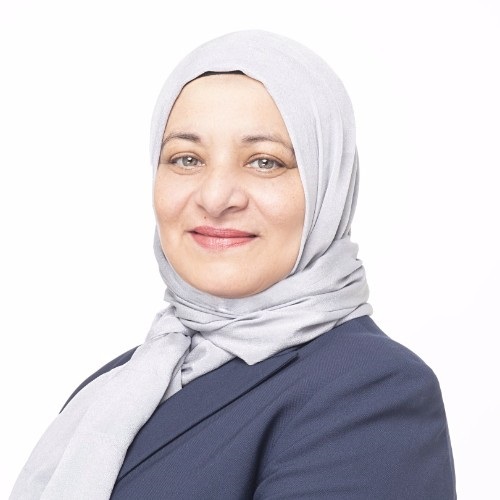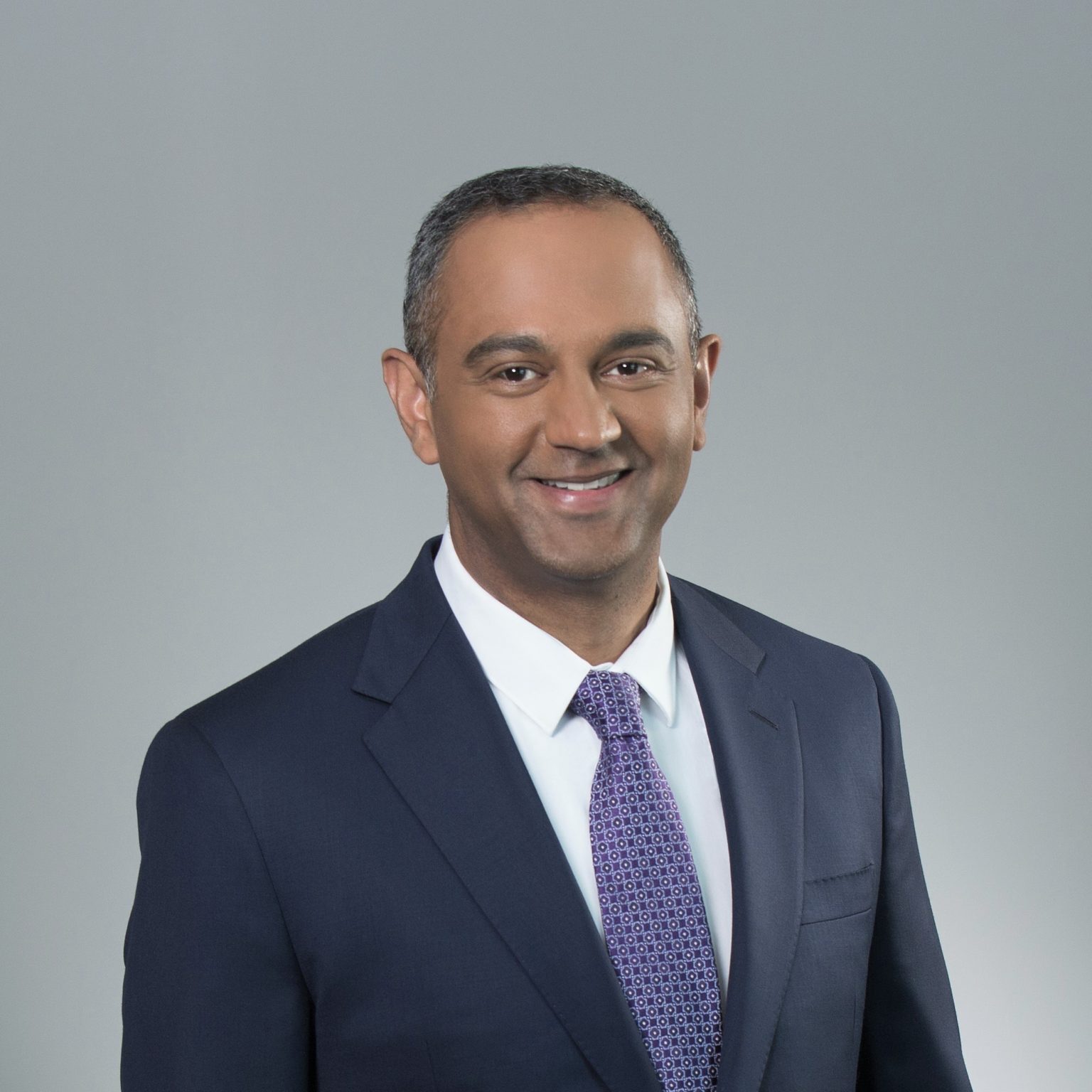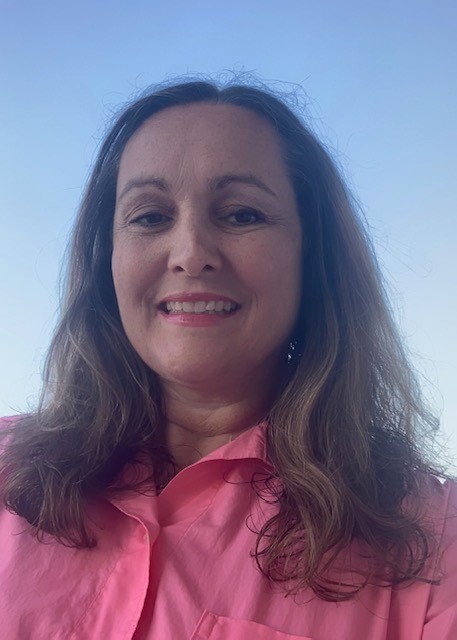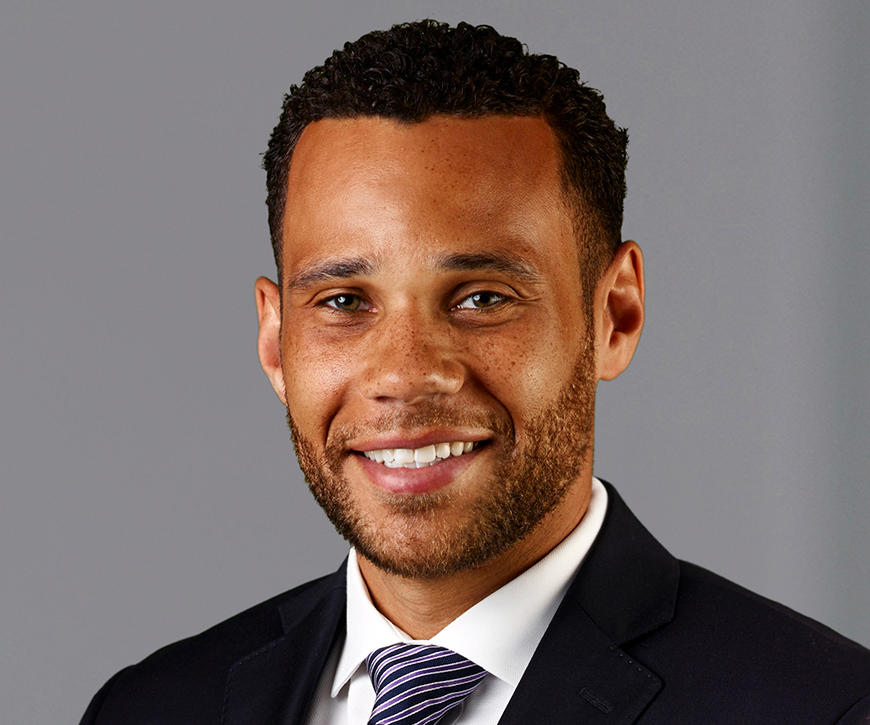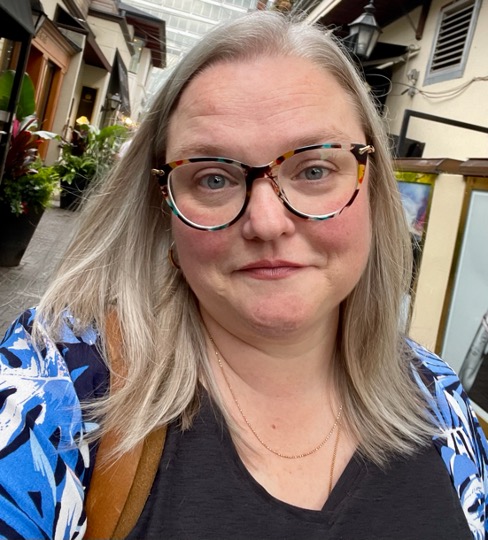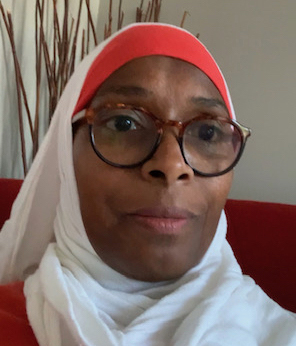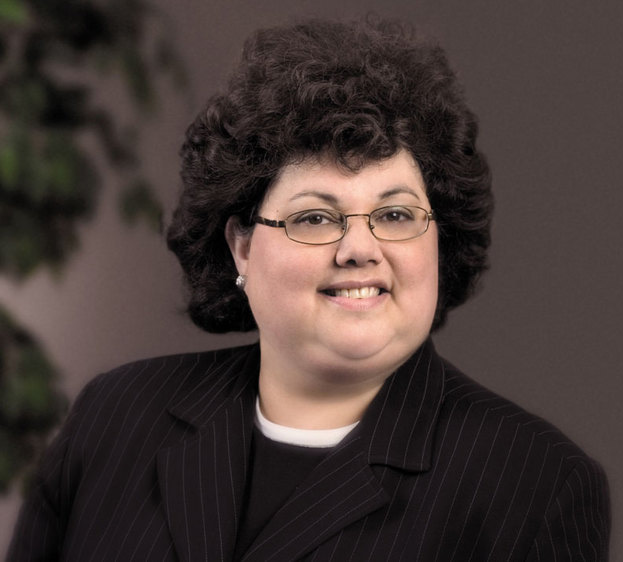Conference Co-Chairs
Conference Advisory Committee
Monday, April 17, 2023
Breakfast and Registration – 8:00 a.m. – 9:00 a.m.
Introductory remarks by Co-Chairs – 9:00 a.m. – 9:10 a.m.
Human Rights Headlines: The latest caselaw and legislative developments
In this session, experts will review the most important legal developments of the past year and flag significant ongoing litigation and legislative reform. Topics to be addressed include discrimination, harassment, privacy, and drug testing policies. Other updates to be discussed include the implementation of electronic monitoring policy requirements and the regulation of NDAs (non-disclosure agreements) in post-secondary sexual abuse allegations. Final selection of topics will take place in the weeks leading up to the conference, ensuring coverage of the latest and most important developments.
Break 10:25 a.m. – 10:40 a.m. ET
Investigations Under the Magnifying Glass: A close look at significant developments

Sharon Naipaul
Consultant, Mediator, and Trainer
Strategic Workplace Equity and Conflict Resolution Solutions
Workplace investigators often grapple with issues of bias, fact-finding, and confidentiality that may emerge during an investigation. In this session, experts will discuss important developments in these areas, in addition to practices and policies that safeguard fair and effective investigations:
- What lessons can be drawn from recent cases about the limits on an employer’s investigation, taking into account the need to preserve a fair, adequate, and effective investigation process?
- How do unconscious and implicit biases impact human rights investigations in the workplace? What can be done to avoid them?
- How do investigators, in the fact-finding and report-writing process, address pervasive systemic discrimination in the workplace?
- How does adopting a trauma-informed approach to conducting witness interviews affect the affect the nature of the investigation?
- How should workplace parties address the challenges of conducting investigations in a remote work environment? Is there any proven or perceived benefit to conducting workplace investigations in-person?
- What are best practices for drafting investigation reports?
Lunch 11:55 a.m. – 1:00 p.m.
Disabilities that elude Diagnosis: Accommodating employees with Long COVID, Chronic Fatigue Syndrome, and other poorly understood conditions
Dr. Alexandra Rendely
Workplace parties are familiar with applying principles regarding the duty to accommodate in cases of visible disabilities, well-known conditions, or conditions for which there exists a clear diagnostic test. However, challenges arise when an employee seeks accommodation for a condition that eludes diagnosis. In this session, experts will address questions such as:
- What are common medical conditions that elude diagnosis, or that are considered “diagnoses of exclusion”? Why does “Long COVID” fall within this list?
- What medical evidence is an employer legally permitted to request to establish an employee’s right to accommodation in such cases? Is a definitive diagnosis, or “objective evidence,” necessary to establish an invisible disability?
- How can employers and unions effectively formulate requests for medical information in cases where an employee’s condition cannot be confirmed using a clinician’s diagnostic test? What types of information should employees request from doctors in such cases?
- When sick leave abuse is a concern, how can an employer distinguish between employees who have genuine, difficult-to-diagnose disabilities, and employees who are malingering? When will an employer be justified in seeking further information, including a specialist’s report or an independent medical examination?
- How might stereotypes and stigma associated with these medical conditions contribute to the challenge of providing accommodation?
- How might eligibility requirements for short- and long-term disability insurance programs pose additional complications in such cases? Where an employee has been denied disability benefits, and that denial is later held to be improper, which party will be liable for the denial?
- What types of accommodations may be of assistance to an employee suffering from persistent symptoms such as pain, fatigue, or cognitive difficulties? For example, what will help individuals coping with Long COVID? How can employers and unions cooperate to accommodate individuals with multiple chemical scent sensitivities?
Break 2:15 p.m. – 2:30 p.m.
Fluctuations and Flare-Ups: Practical guidance on accommodating episodic disabilities in the workplace
Employees experiencing episodic disabilities often experience fluctuations in wellness, which may lead to a decline in workplace performance and increased absenteeism. In this panel, experts will explore accommodation procedures for employees with episodic disabilities. Specifically, panelists will address:
- What questions are appropriate regarding an employee’s episodic disability? When do requests for medical information amount to discrimination or harassment?
- Can an employer inquire into whether an employee’s atypical workplace behaviours or schedules are related to the employee’s episodic disability?
- Is an employer entitled to request medical information from an employee on an ongoing basis? How can an employer balance its interest in requesting medical information with an employee’s right to privacy?
- What steps must unions take to satisfy their duty of fair representation for members with episodic disabilities?
- In what circumstances have arbitrators or judges found that employers or unions have not met their duty to accommodate?
- What are best practices in accommodating an employee who requires modified work?
- What steps should an employer take when accommodating and communicating with an employee returning from disability leave?
- What proactive policies should employers and unions develop to meet the duty to accommodate?
Day 1 closing remarks 4:30 p.m. – 4:35 p.m. ET
Tuesday, April 18, 2023
Breakfast and Registration – 8:00 a.m. – 9:00 a.m.
Introductory remarks by Co-Chairs – 9:00 a.m. – 9:10 a.m.
Promoting Workplace Equity: Removing barriers, promoting inclusion, and identifying the promise and perils of big data
Promoting equity at work requires a commitment from workplace actors to remove barriers to participation and success, to proactively support inclusion, and to ensure that measures do not, in fact, perpetuate discriminatory practices. In this session, expert panelists will offer attendees practical guidance on topical issues including the value of anti-racist approaches, improving equity in recruitment and retention (and the related role of preferential equity programs), the practical impacts of non-disclosure agreements (NDAs), and the promises and perils of disaggregated data and artificial intelligence in advancing workplace equity.
Break 10:25 a.m. – 10:40 a.m. ET
Is Privacy a Human Right? The evolution of Code-based rights in a technological world
Should employee privacy be recognized as a human right in response to evolving monitoring technologies? In this panel, experts will discuss best practices in balancing employee privacy and modern technologies in the workplace. Specifically, panelists will address:
- What changes does the federal Digital Charter Implementation Act, 2022 (Bill C-27) propose regarding workplace electronic monitoring? How do these provisions in the proposed Act differ from the current Personal Information Protection and Electronic Documents Act and related provincial legislation?
- What consequences do monitoring technologies pose for employees’ privacy and human rights? What specific considerations do these technologies raise for remote workers?
- What key issues should employers and unions address in policies or collective agreement provisions governing employee privacy for in-person, hybrid, and remote workers?
- What suite of off-duty privacy rights and protections does an employee enjoy, if any? What privacy rights, if any, are available to job applicants?
- What are best practices in soliciting employee consent to digital surveillance measures?
- What are best practices in tracking, compiling, and retaining employee information? How about job applicant information?
- How have arbitral attitudes towards workplace privacy measures evolved in response to monitoring technologies?
Lunch 11:55 a.m. – 1:00 p.m.
Off the Clock Conduct: Balancing employee beliefs and actions with maintaining a respectful workplace
Employees with differing perspectives and beliefs nonetheless need to work collegially in the workplace. In this panel, experts will examine the responsibilities of an employer and union in ensuring appropriate employee conduct, both inside and outside the workplace. Topics to be addressed include:
- What are best practices for employers and unions to balance an employee’s Charter rights and freedom of expression with a workplace that remains free from discrimination and harassment?
- What are best practices for employers and unions in preventing workplace bullying and harassment? Should workplace training include off-duty conduct?
- How can employers and unions best respond to problematic employee behaviour in a virtual working environment?
- Can an employer limit an employee’s political speech at work? What constitutes political speech?
- Can an employee face discipline for verbal statements, online commentary, or conduct outside of work hours? Is an employer justified in disciplining an employee whose off-duty conduct reflects that employee’s workplace behaviours?
- Does an employer, union, or employee have a duty to report a controversial online statement by another employee?
- What are the duties of a union in representing members facing consequences from expressing unpopular beliefs or opinions in the workplace? Is the union’s duty different if the member is being disciplined for expressions or comments made outside the workplace or online?
- What are best practices for unions and employers where an employee or member alleges that workplace management has engaged in inappropriate or controversial comments or behaviours? Is a different duty owed when the conduct occurs outside the workplace or online?
Break 2:15 p.m. – 2:30 p.m.
Seeking the Antidote: Identifying and repairing poisoned workplaces
As codified in the Ontario Human Rights Code, employers must ensure that a workplace is free from discrimination and/or harassment. While poisoned workplaces are not directly defined under the Code, these topics do include poisoned work environments involving personal harassment. In this panel, experts will examine employer and union responsibilities in identifying and repairing poisoned workplaces. Specifically, panelists will address:
- How have adjudicators differentiated between personality conflicts and a poisoned workplace? Do an employee’s perceptions factor into this assessment?
- Does “workplace culture” excuse conduct that would otherwise be considered poisonous? What role, if any, does a workplace harassment policy play in making this determination?
- What types of behaviour may constitute subtle forms of a poisoned workplace? What signs may indicate that someone is experiencing unreported harassment or bullying?
- What actions and restorative approaches should unions and employers take when an employee raises allegations of a poisoned environment? Is the intent to poison relevant when assessing disciplinary actions?
- What management styles or behaviours have adjudicators identified as harassment or bullying?
- How have remote environments changed the prevailing understanding of poisoned workplaces? What strategies can employers and unions implement to respond to problematic behaviour in virtual spaces?
- What support can unions provide to members affected by a poisoned workplace?
- What steps should employers and unions take to create a safe and respectful workplace?
End of day 2 – 3:45 p.m.
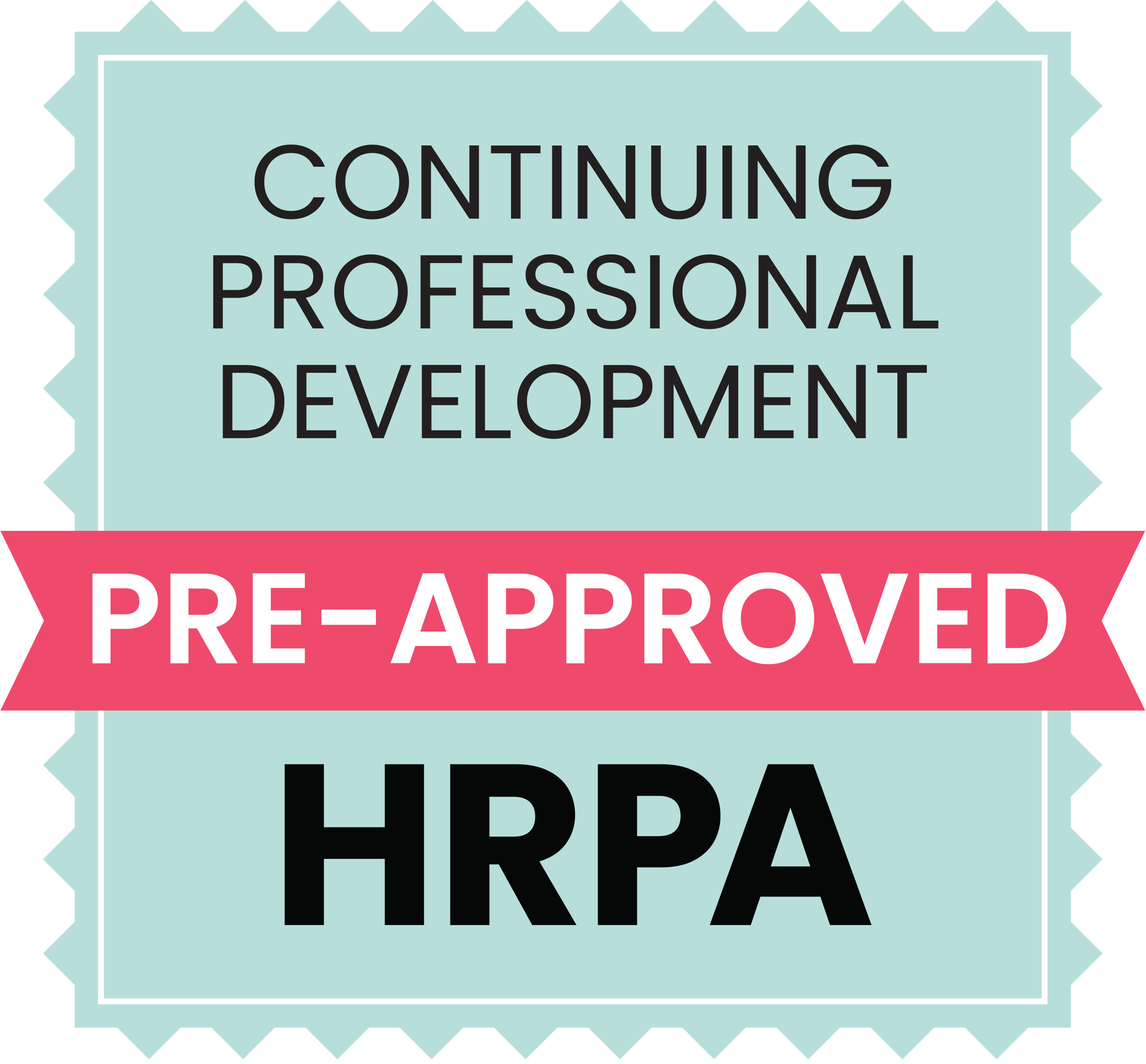
This program has been approved for 10 Continuing Professional Development hours under Section A3 of the Recertification Log of the Human Resource Professionals Association.

This program has been approved by CPHR Alberta for 10 Continuing Professional Development hours.
- Members of the Law Society of New Brunswick may consider this program for 10 Continuing Professional Development hours.
- Members of the Law Society of Ontario may consider counting this program for 10 substantive hours.



